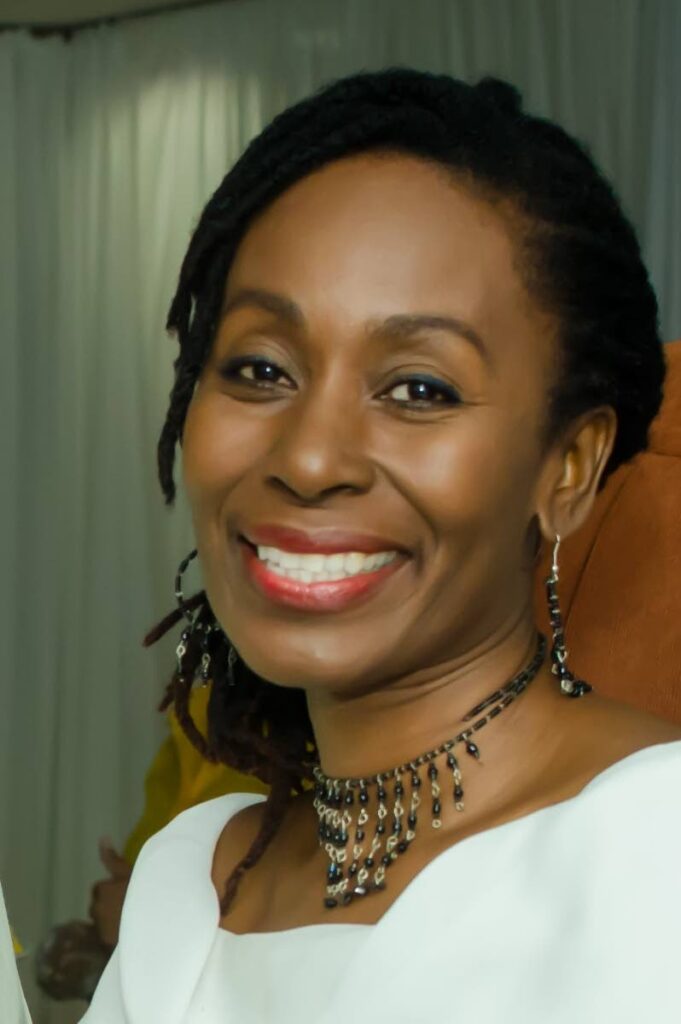Of Pan-African dreams and tears

Culture Matters
DARA E HEALY
“The CIA, the MI6, the intelligence services…You have to understand, building a movement is not easy, Mr Cross.”
– George Padmore speaking to Ulric Cross in the film Hero
REVOLUTIONARIES exist in the shadows. Their lives are dominated by careful routine, isolation and the awareness that their work may not be appreciated while they are alive. They exist with the knowledge that their cause also brings with it risk. Certainly, the families of revolutionaries pay a price; it is inevitable.
George Padmore, CLR James, Marcus Garvey, Patrice Lumumba, Amy Garvey, WEB Du Bois, Claudia Jones, Kwame Nkrumah, Ulric Cross. These are some of the names associated with early movements to unite people of African heritage across the diaspora. In 1900, Henry Sylvester-Williams, an attorney from Trinidad, organised the first Pan African gathering in London. As calls for independence from colonial rule intensified, Padmore, also from Trinidad, organised the 1945 Manchester Pan African Congress which “helped lay the foundation for post-war African colonial liberation movements."
These thoughts flowed as we watched Hero, the excellent Frances-Ann Solomon documentary-film celebrating the life of Ulric Cross. We were taken on a whirlwind journey of self-discovery with Cross. He was among those who headed to England to play their part in defeating Adolf Hitler. As a deadly accurate bomber pilot, Cross completed a stunning 80 missions against the enemy.
Of course, you are not surprised that we know little about this, or the seminal role he played in furthering the independence ambitions of three African nations – Ghana, Democratic Republic of Congo and Tanzania. You will also not be surprised to hear that when we watched the film (on a screen at the very back of the movie complex), very few young people were present.
The Pan-African story emerged from centuries of pain and injustice. The 400-year-long transatlantic trade in African peoples legalised the ability of one human being to own another. In 1884, some years after the trade ended, the Europeans decided that they should continue to benefit from Africa’s vast resources. At a conference in Berlin, they divided the land between various colonial powers – French, British, Portuguese and so on.
However, Patrice Lumumba, first prime minister of the Democratic Republic of Congo, declared that “…Africa is neither French, nor British, nor American, nor Russian…it is African.” Activists like Lumumba, Padmore, Nkrumah and Cross envisioned a United States of Africa, led by Africans. Lumumba, Padmore and others were assassinated for declaring such intentions.
Revolutionaries live in the shadows, because they also live with betrayal. The movement ebbed and flowed, from anti-apartheid struggles in South Africa where activist Steve Biko was killed, to the US where Martin Luther King and Malcolm X were silenced. In the Caribbean, Pan-Africanism manifested again as Black Power, with the TT version of revolution calling for unity between Africans and Indians. But, for some, the grimness of revolutionary struggle pales when compared to the lucrative nature of being an informant.
In the film, CLR James happens to see a member of their circle meeting with an MI6 agent. He is able to warn Ulric Cross, but they are not able to stop the assassinations already in train. In Grenada, the brilliant light of Maurice Bishop was extinguished, betrayed by people in his own party, backed by foreign forces. For some of us, the anniversary of October 19, 1983 is still observed with tears.
Today, the Pan African spirit flows through the Black Lives Matter movement which demands justice, respect and an overhaul of historical monuments. In her films, Frances-Ann Solomon literally edits people of African heritage back into archival footage to proclaim “we were there;" we were part of history.
In TT, the Pan African fight for justice must address some specific areas. One, the overwhelming number of black males who commit crimes and fill our prisons. We must also focus on the relatively small numbers of black entrepreneurs and the absence of policies to address this imbalance. And reparations for enslavement should be treated with the respect and dignity it deserves. Sadly, revolutionaries also live with disappointment. Across the black diaspora, Pan African dreams are consistently dulled by the shiny black colonials who replaced the white elites.
Fortunately, revolutionaries often leave a legacy in younger generations, the ones who are motivated by the resilience and commitment of people like Ulric Cross. The families of revolutionaries will continue the Pan-African mission. We are few, but our tears flow with this purpose. It is unavoidable.
Dara E Healy is a performance artist and founder of the Indigenous Creative Arts Network – ICAN

Comments
"Of Pan-African dreams and tears"